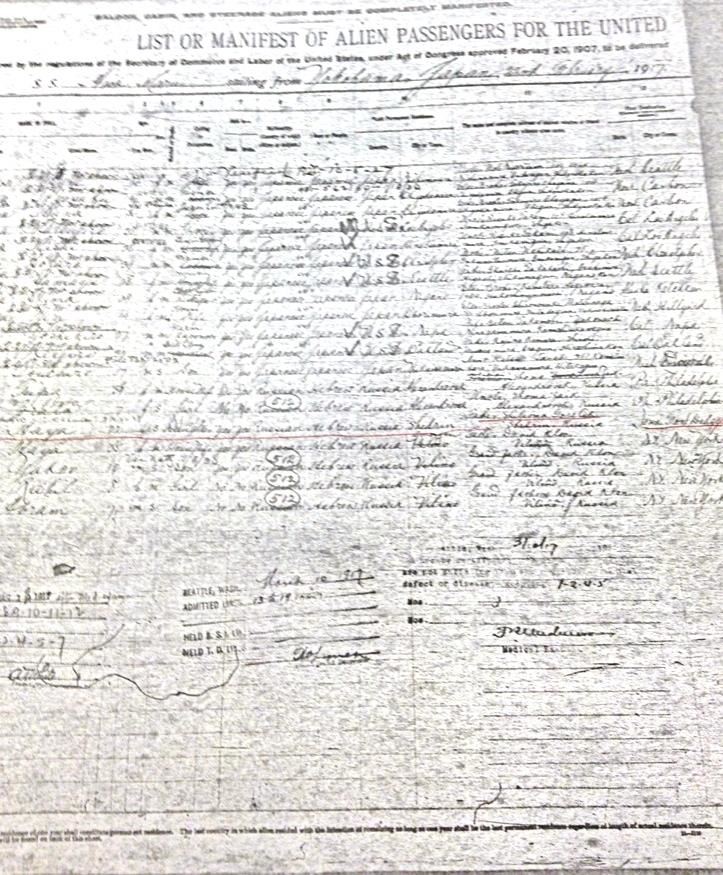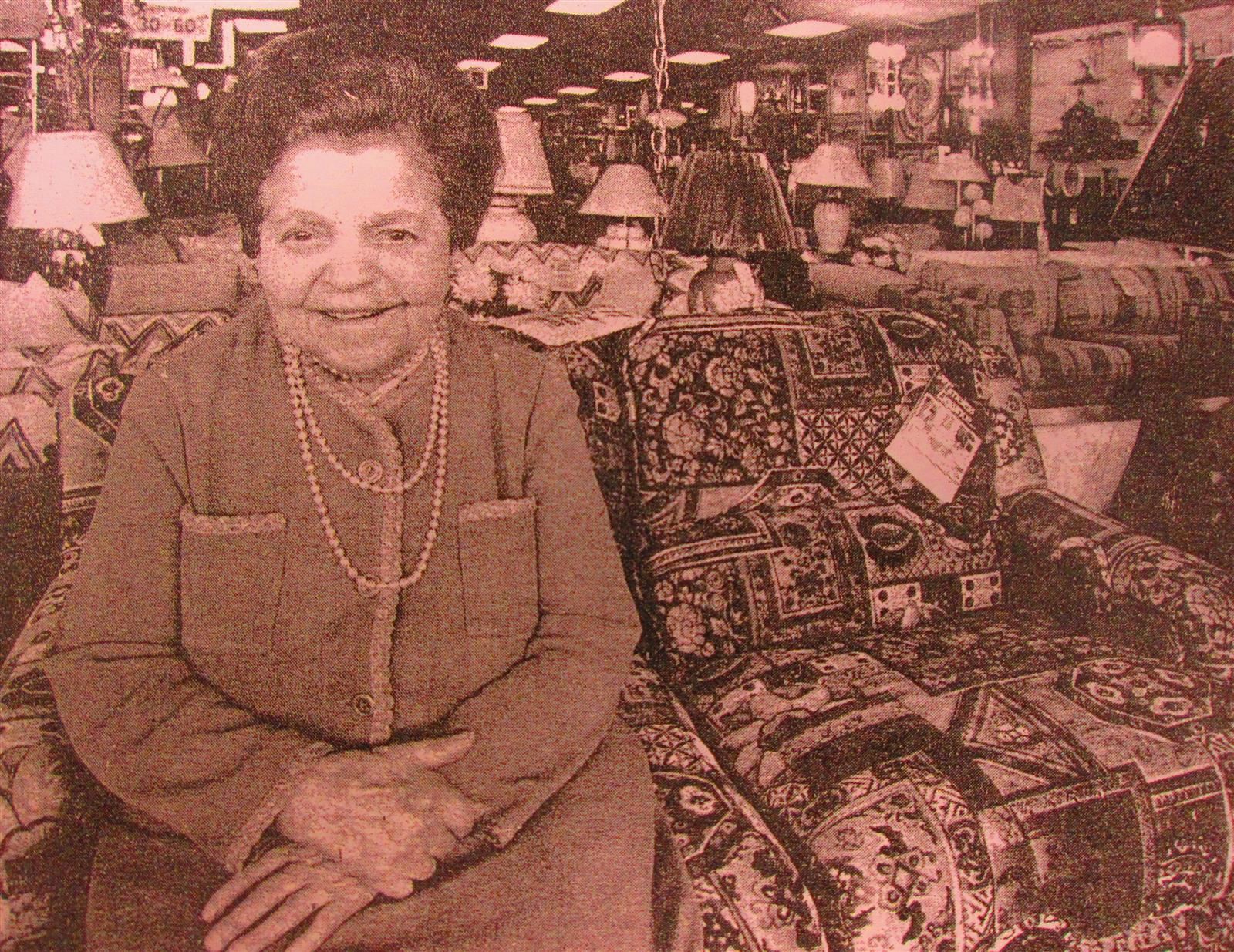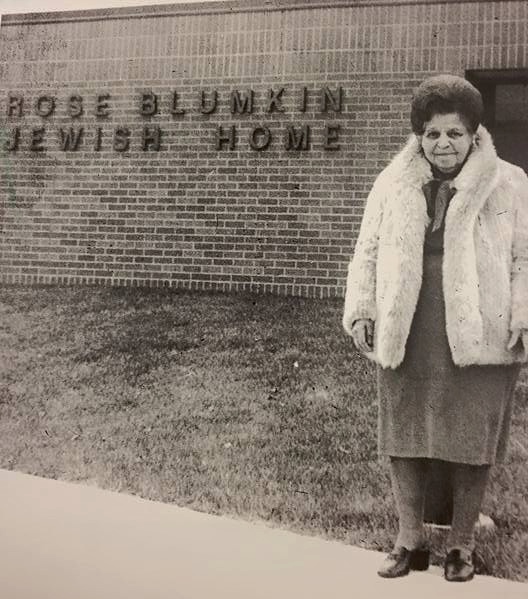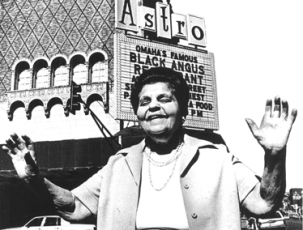Making Invisible Histories Visible
Page Navigation
- Making Invisible Histories Visible
- Lesson Plans and Resources
- iBooks on Omaha and Nebraska History for Primary Students
- Omaha Mapping Projects
-
African American Histories
- African American Artists
- African American Athletes & Facilities
- African American Churches
- African American Civil Rights Organizations - 1950s-1960s
- African American Civil Rights
- African American Contributions to Jazz, Gospel, Hip-Hop
- African American Dramatic Arts
- African American Education - Dorothy Eure & Lerlean Johnson
- African American Educators & Education
- African American Firefighters
- African American Homesteaders
- African American Law Enforcement
- African American Migration to Omaha
- African American Musicians of Omaha
- African American Newspapers
- African American Owned Businesses
- African American Politicians
- African American Social Life
- African American Workers at Omaha's Railroads & Stockyards
- African American Workers at the Naval Ammunition Depot in Hastings
- African Americans in the Civil War
- African Americans in Vietnam
- Charles B. Washington - Journalist and Civil Rights Leader
- Elizabeth Davis Pittman - Lawyer/Judge
- Green Book Omaha
- Marlin Briscoe - Professional Football Player
- Native Omaha Days
- Nebraska's Role in the Underground Railroad
- Sen. Edward Danner - Politician & Civil Rights Activist
- Sudanese Refugees
- Tuskegee Airmen
- European and Asian Immigrant Histories
-
Historic Neighborhoods & Buildings
- 24th and Binney/Wirt/Spencer Streets
- 24th and Lake Streets
- Central Park Neighborhood - 42nd and Grand Avenue
- Dahlman Neighborhood - 10th and Hickory Streets
- Hartman Addition Neighborhood - 16th and Williams Streets
- Indian Hills/Southside Terrace Neighborhood - 30th and Q Streets
- Jefferson Square Neighborhood - 16th and Chicago Streets
- Long Neighborhood - 24th and Clark Streets
- Orchard Hill Neighborhood - 40th and Hamilton Streets
- Smithfield Neighborhood - 24th and Ames Avenue
- St. Mary's Neighborhood - 30th and Q Streets
- Latino Histories
- Music Histories
-
Native American Histories
- Black Elk and John G. Niehardt
- Chief Standing Bear and Susette La Flesche Tibbles
- Dr. Susan LaFlesche Picotte - Native American Doctor
- Native American Education and Boarding Schools
- Native Americans in the Military
- Pre-statehood Interaction of Native Americans and Europeans
- Preserving Native American Tradition
- Restoring the Ponca Tribe
- The American Indian Movement in the 1960s and 1970s
- The Indian Congress at the 1898 Trans-Mississippi Exposition
- The Omaha Native American Indian Tribe
- OPS Elementary School History
- Redlining in Omaha
- Nebraska's Role in the Underground Railroad
- The 1898 Trans-Mississippi Exposition
Rose Blumkin - Jewish Immigrant and Businesswoman
-
What was the relationship between Rose Blumkin's business and the community, and how was her approach as a businessperson unique?
Rose Blumkin: The Business Woman with a Big Heart
-
In 1917, the world was a harrowing place. Europe was in the midst of World War I. In Eastern Europe, Rose Blumkin witnessed the looting of Jewish communities and violent attacks on Jews. She became one of many who fled the region in search of safety and opportunity, immigrating to America.
In Omaha, Blumkin and her family began running a secondhand clothing store, and Blumkin, lacking much formal education, applied her natural talents in sales and marketing to draw customers. The key business practice in this and her later ventures was providing goods at only a 10 percent markup, which resulted in savings for the consumer, drawing more customers into the store. In 1937, Blumkin started a furniture store in the basement of their clothing store and used the same approach. The following year, this business became Nebraska Furniture Mart and moved into its own building. Blumkin’s business grew dramatically with the economic boom of the 1950s and 1960s. The expansion of housing and growth of the population meant more people shopping at Nebraska Furniture Mart for affordable furniture and carpet. By 1969, the company had annual sales of $20 million. Today, it is one of the largest furniture companies in the country.
With entrepreneurial success, Rose Blumkin also became notable for her generosity in giving back. Places in Omaha, such as the Rose Blumkin Home and the Rose Theater, bear her name as a public testament to her philanthropy. Even with these public displays of generosity, it was her private acts of giving back that are remembered by many. In 1981, Rose received the Israel Peace Medal for “humanitarianism to Jewish and non-Jewish causes alike, to local and national needs, to overseas and to Israeli needs.” In 1986, she received the Distinguished Nebraskan Award. These were amongst many other awards and honorary degrees Rose received before she passed away in 1998 at age 104. It is her business skills and generosity that continue to shape the enduring legacy of Rose Blumkin today.
Video: 6 minute video in 2015 interviewing Rose Blumkin’s daughter, Sylvia Cohn, and her granddaughter Ellie Batt about her life, career and work giving back to the community.
Coming to America
-
This document is a passenger manifest, or list of travelers, from the ship that Rose Blumkin took from Japan to the United States in 1917 as an immigrant. At the time, World War I was being fought in Europe. It was a difficult time for European Jews, who faced problems in Russia and elsewhere and fled as a result. Most white ethnic immigrants from Europe traveled west toward the Atlantic Ocean; however, Blumkin traveled east across Russia, where she bribed a border guard to cross into China, traveled to Japan, and boarded a peanut cargo ship destined for Seattle, Washington. In this way, she became a part of the largest wave of immigrants entering the U.S. from the late 1800s to the early 1900s. Jewish immigrants like Rose relied on the support of existing Jewish communities, so the primary destinations of Jews coming to Nebraska were Omaha and Lincoln, with resettlement programs for Jews in smaller towns usually turning out unsuccessful because of a lack of existing Jewish communities. Omaha also had a sizeable Russian community, with roughly 3,800 Russian-born residents in 1920. (Artifact courtesy of Nebraska Jewish Historical Society)

Mrs. B the Business Woman
-
This is a photograph of Rose Blumkin, also known as Mrs. B, sitting in her store, the Nebraska Furniture Mart. Like her mother, who ran a grocery store in Belarus, in 1937, Rose started Nebraska Furniture Mart in the basement of the family’s store. While most furniture stores marked up their products 40 to 50 percent, she marked her furniture up 10 percent in order to allow her customers access to affordable furniture and carpet. Her motto, “Sell cheap, tell the truth, don’t cheat nobody,” became the foundation of her success and her desire to give back to the community. Despite accusations of being a “furniture bootlegger” and engaging in unfair competition with such a low markup, Blumkin was vindicated in court and argued that her competitors were unfair for charging higher-than-necessary markups. Many local furniture wholesalers refused to sell to Blumkin, so she had to purchase her inventory from Chicago and New York. In 2015, Nebraska Furniture Mart was found in four cities: Omaha, Des Moines, Kansas City, and Dallas-Fort Worth. Mrs. B was a very hardworking and determined person. She never let anything or anyone get in her way. Mrs. B was faced with many challenges as an entrepreneur. She was a Jewish woman in a man’s world. At 4’10”, she was very small in size but never let any obstacles stop her from succeeding. (Photograph courtesy of Nebraska Jewish Historical Society)

Giving Back To The Community
-
By the time Nebraska Furniture Mart was up and running, Rose Blumkin had already made many other contributions to Omaha. Blumkin was always big on giving; she made it a priority to give back to those in need just as others helped her when she first arrived in America. In keeping with the Jewish tradition of respect and care for the elderly, Blumkin funded an assisted living facility: the Rose Blumkin Home. This photograph shows Rose Blumkin standing in front of the home that bears her name. In addition, she also saved the historic Astro Theater from demolition. It was renamed The Rose and in 2015 is home to the Omaha Theater Company for Young People. Even with her many public philanthropic acts, many examples of her generosity remain private and lesser known. From helping people after natural disasters with discounted carpet and furniture to giving jobs to Holocaust survivors, she always aimed to help. Rose Blumkin was not just a businessperson, she was a generous person, and that is how she is still remembered to this day. (Photograph courtesy of Nebraska Jewish Historical Society)

Additional Information
-
In the late 19th and early 20th centuries, Eastern Europe was the site of countless pogroms, or violence directed at religious or ethnic minorities, especially Jews. This terror had been ongoing for decades. In her shtetl—a small town with a large Jewish population—in present-day Belarus, Rose Gorelick witnessed these pogroms, seeing looting and destruction of Jewish property and Jewish-owned businesses, as well as violent attacks upon individuals, including murder. Many members of the Jewish population fled this area in search of better treatment and freedom; they looked toward the United States with hope. This group included Rose, who, in 1917, followed the lead of her brother years earlier and immigrated to America.
Rose Blumkin lived for a brief time in Fort Dodge, Iowa, before settling in Omaha with her husband, Isadore Blumkin, to be in a community of Yiddish-speaking Jews. At the time, Omaha was home to roughly 10,000 Jews, with perhaps 14,000 Jews in the state of Nebraska overall, nearly double the number who live here in 2015.
Isadore Blumkin joined in the tradition of Jewish peddlers in Omaha, who had been around since the 1890s. Peddlers provided salvaged, repurposed, and reused goods, which were particularly important during wartime when the supply of consumer goods dried up. With the war over, the family opened a secondhand clothing store, which would also become the first location for the Nebraska Furniture Mart.
Blumkin started her business in 1937, a time when the U.S. entered another major recession during the Great Depression, with the production of durable goods, like furniture, declining rapidly and unemployment jumping back up to 19 percent. This was also a time when economic opportunities for women were generally limited to teaching, nursing, domestic service, or clerical work. Only one-fourth of women even worked in the formal economy. Needless to say, a woman starting her own business—and a successful one at that—was very unique.
At the same time, like other women moving into business in this era, Rose Blumkin’s company was focused on what many believed was “the woman’s sphere”: the home. Many of the women who established businesses in the 1920s and 1930s focused their products on either the home or women’s hygiene and beauty. This would remain true into the 1980s—when women owned half of American businesses—and beyond. Successful women in business were often concentrated in areas of the market that were considered “feminine”—household products and consumer goods for women.
Blumkin received loans from the local Jewish loan society, part of the Jewish communal infrastructure in Omaha. The group provided interest-free loans to Jewish businesses to prevent exploitation by loan sharks and to support community entrepreneurs. These loans were instrumental in providing financial support to Nebraska Furniture Mart.
With an immense amount of ambition and generosity, Rose Blumkin serves as an inspiration to all, especially the students in the Making Invisible Histories Visible program. As the incoming ninth-graders had the opportunity to research, write, and conduct interviews about Rose Blumkin and her life, they were able to learn not only the factual details of the 104 years she lived but how she was able to overcome the multitude of oppressive forces she faced. Mrs. B achieved great financial success, but her legacy remains through her philanthropic service to others. The students were able to realize that no matter the challenges they may face, if they work with the community and remain determined, they can also achieve their goals.
2015 MIHV Project

Student Reflections
-
"The best part of this experience was the food and learning about Omaha history. I loved learning about how exciting North Omaha used to be, especially the musical aspect. I loved the cultural food, such as Big Mama’s in North Omaha and El Alamo in South Omaha."
— Kaleb W.
"I thought that MIHV was going to be boring, but it’s actually fun. I’ve met some very good people that I get along with. Also, I learned a lot about North and South Omaha. I never knew that a small woman named Rose Blumkin created such a HUGE business."— Jordan H.
"By the first day, I realized MIHV was going to be a lot of fun. I’ve learned that often you see something and you think it’s old but really it can have a lot of history. Rose Blumkin’s story turned out to be very interesting and inspiring."— Josselyn T.
Research compiled by: Jordan H., Josselyn T., Kaleb W.

